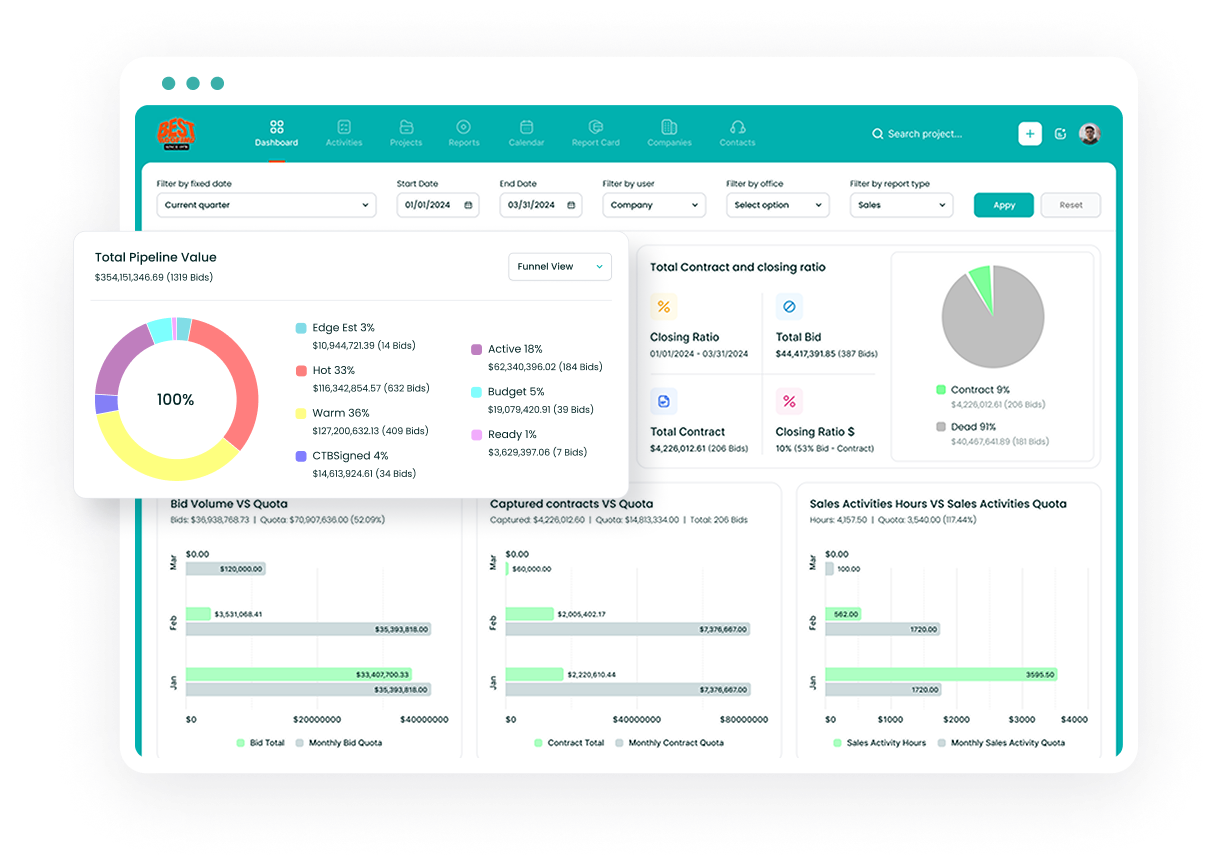Understanding Check Voiding Scenarios
There are two primary scenarios when voiding checks in Sage 300 ERP:
Voiding a Printed Check When you've printed a check but discovered an error before sending it, you can void it directly through the Payment Entry screen. This method is straightforward and maintains proper audit trails.
Reversing Multiple Transactions For situations requiring multiple check voids or when dealing with checks that have already been issued, you'll need to use the Reverse Transactions feature.
Method 1: Voiding a Single Printed Check
Through Payment Entry Screen
- Navigate to Accounts Payable > A/P Transactions > Payment Entry
- Locate and display the relevant batch and entry
- Select the check you want to void in the detail table
- Click the "Void Check" button
- Confirm the void operation by clicking "Yes" when prompted
This method is ideal for immediate corrections when you notice an error right after printing a check.
Method 2: Using Bank Services for Check Reversal
Step-by-Step Process
- Open Common Services > Bank Services > Bank Transactions > Reverse Transactions
- Click the Finder icon and select the appropriate bank account
- Choose "Accounts Payable" as the Source Application
- Enter a valid reason for the reversal
- Input the current date or relevant reversal date
- Select the vendor using the Finder icon
- Choose the specific check to void using the Check/Payment field
- Review all information for accuracy
- Click "Post" to complete the void process
Handling Multiple Check Voids
Batch Reversal Process
When you need to void multiple checks simultaneously, use the Reverse Multiple Transactions feature:
- Access the Reverse Multiple Transactions button
- Search for transactions using vendor numbers
- Select checks either individually or use "Select All"
- Review selections carefully
- Post the reversals
Important Considerations
Bank Account Integration The system automatically handles the appropriate reversing entries across all interfacing applications, ensuring your books remain balanced.
Payment Status Restrictions Checks marked as "cleared" or "reconciled" in cash management cannot be voided. Similarly, credit card payments can only be voided if they haven't been reconciled with a credit card statement.
Post-Void Procedures
General Ledger Updates
After voiding checks, you must:
- Navigate to the G/L Batch List
- Post the transactions to the general ledger
- Verify that all reversing entries are correctly reflected
Troubleshooting Common Issues
VOID Display Problems If checks print with "VOID" displayed unnecessarily:
- Access Common Services > Bank Services > Banks
- Select the relevant bank using the Finder
- Click the Check Stocks tab
- Locate the Check Form in use
- Increase the Advice Lines Per Page number
- Save the changes
Best Practices
Documentation Maintain detailed records of:
- Reasons for voiding checks
- Dates of void operations
- Related invoice numbers
- Replacement payment information
Timing Considerations Process voids as soon as errors are discovered to maintain accurate financial records and prevent potential reconciliation issues.
Authorization Establish clear protocols for who can initiate and approve check voids to maintain proper internal controls.
System Requirements
Before Voiding Checks Ensure that:
- You have appropriate user permissions
- The check hasn't been reconciled
- All interfacing modules are properly configured
- The system is backed up
Impact on Financial Reporting
When you void a check, the system creates reversing entries that affect:
- Accounts Payable ledgers
- General Ledger accounts
- Bank reconciliation reports
- Vendor payment histories
Audit Trail Maintenance
The void process in Sage 300 ERP maintains a complete audit trail by:
- Recording the original transaction
- Creating reversing entries
- Maintaining historical records
- Generating appropriate reports
Integration with Other Modules
The void process seamlessly integrates with:
- General Ledger
- Bank Services
- Accounts Payable
- Job Cost (if applicable)
Regular Maintenance
To ensure smooth check voiding operations:
- Regularly reconcile bank statements
- Review outstanding checks
- Clean up pending transactions
- Maintain current backup procedures
Security Considerations
Implement proper controls by:
- Limiting void permissions to authorized personnel
- Requiring documentation for void requests
- Regularly reviewing void reports
- Maintaining separation of duties
Through careful attention to these procedures and best practices, you can maintain accurate financial records while efficiently managing check voids in Sage 300 ERP. Remember that proper documentation and timely processing are key to successful check void operations.
Sources: https://www.top-sage-resellers.com/blog/sage-100-reverse-check https://documentation.help/AP62AENG/VoidingPrintedCheck.htm https://help.sage300.com/en-us/2016/web/Subsystems/AP/Content/Transactions/Payments/VoidingPrintedCheck.htm https://www.youtube.com/watch?v=XYPzMLm-lds https://mindovercorp.com/how-to-void-checks-in-sage-300 https://documentation.help/AP61AENG/F_Voiding_a_Check.htm https://www.acutedata.com/checks-print-with-void-displayed-in-sage-300/ https://mindovercorp.com/how-to-void-checks-in-sage-300/

